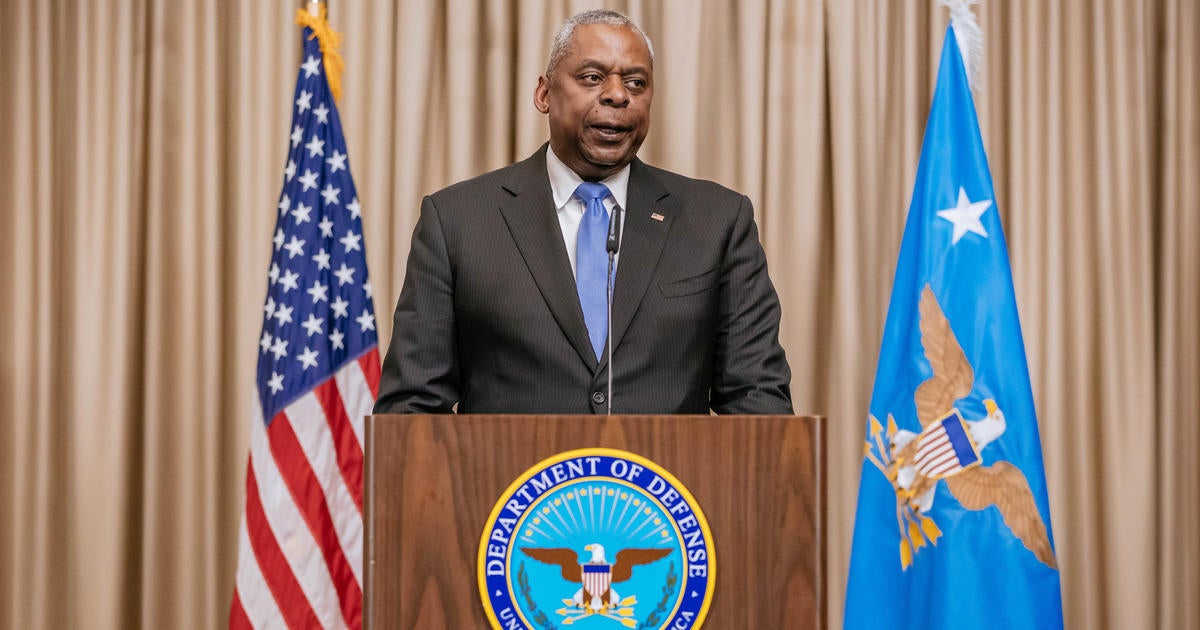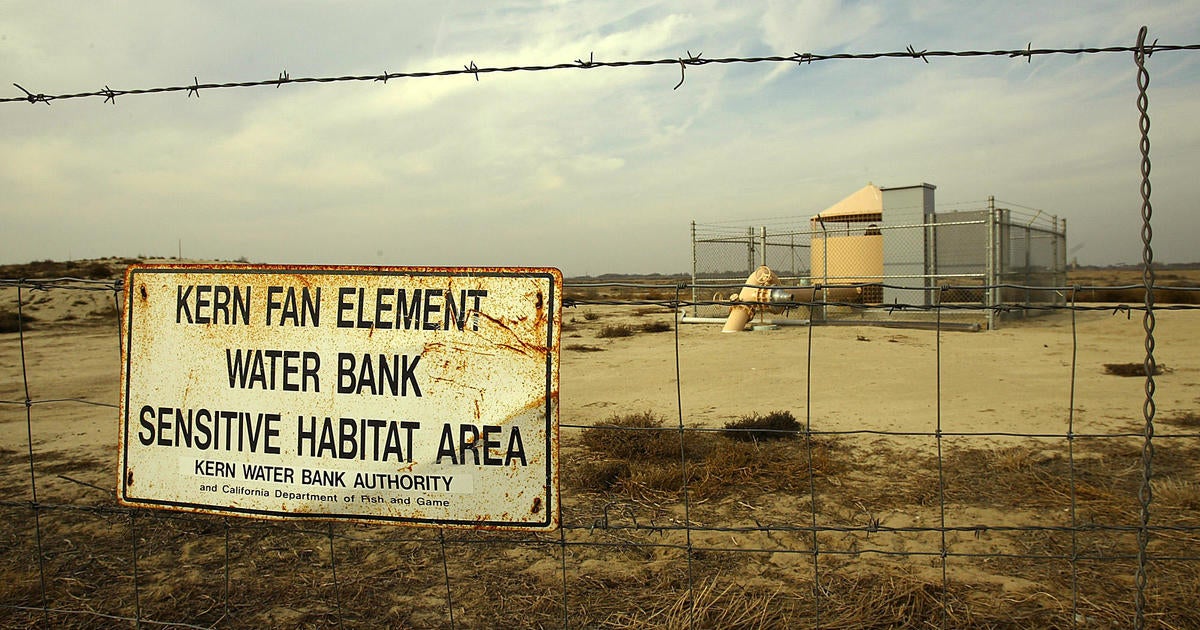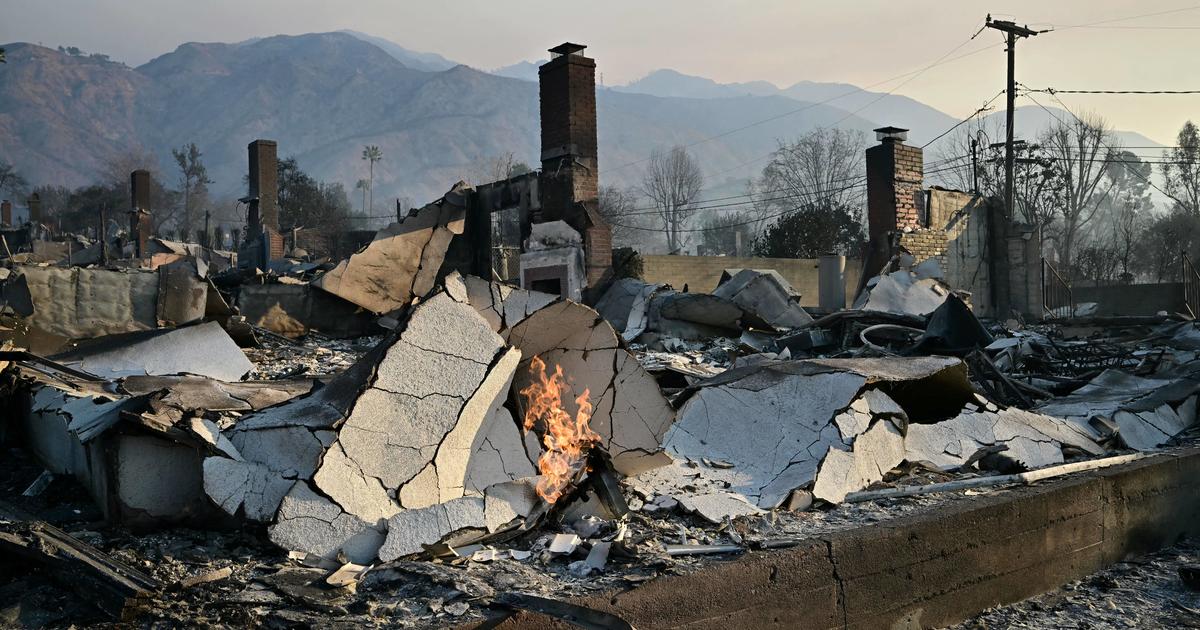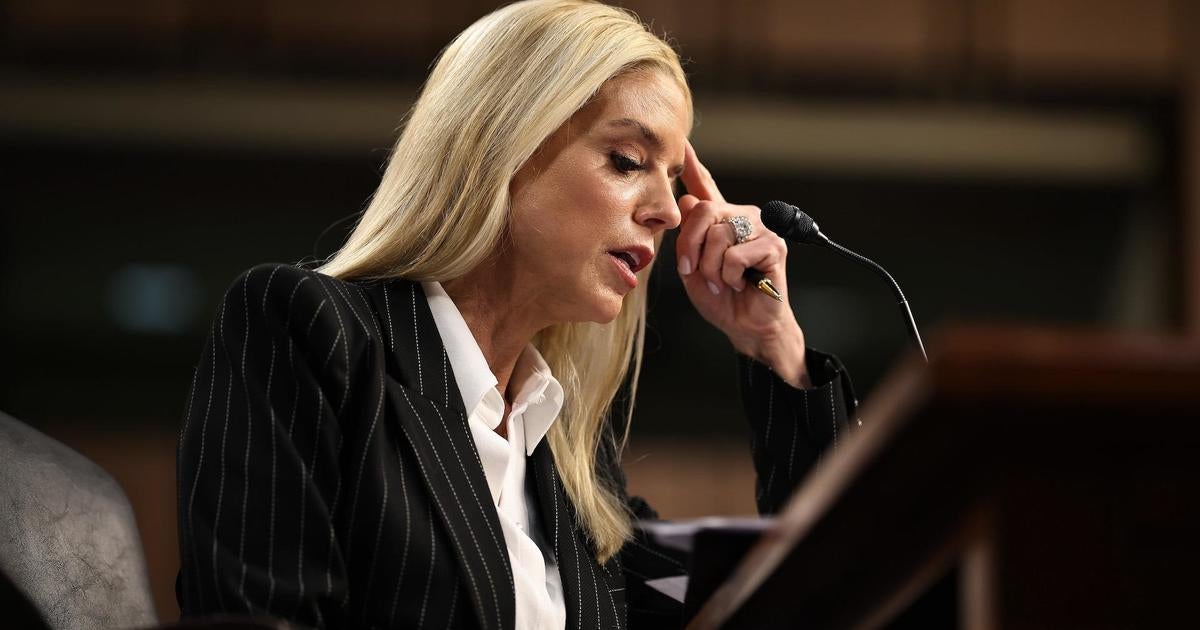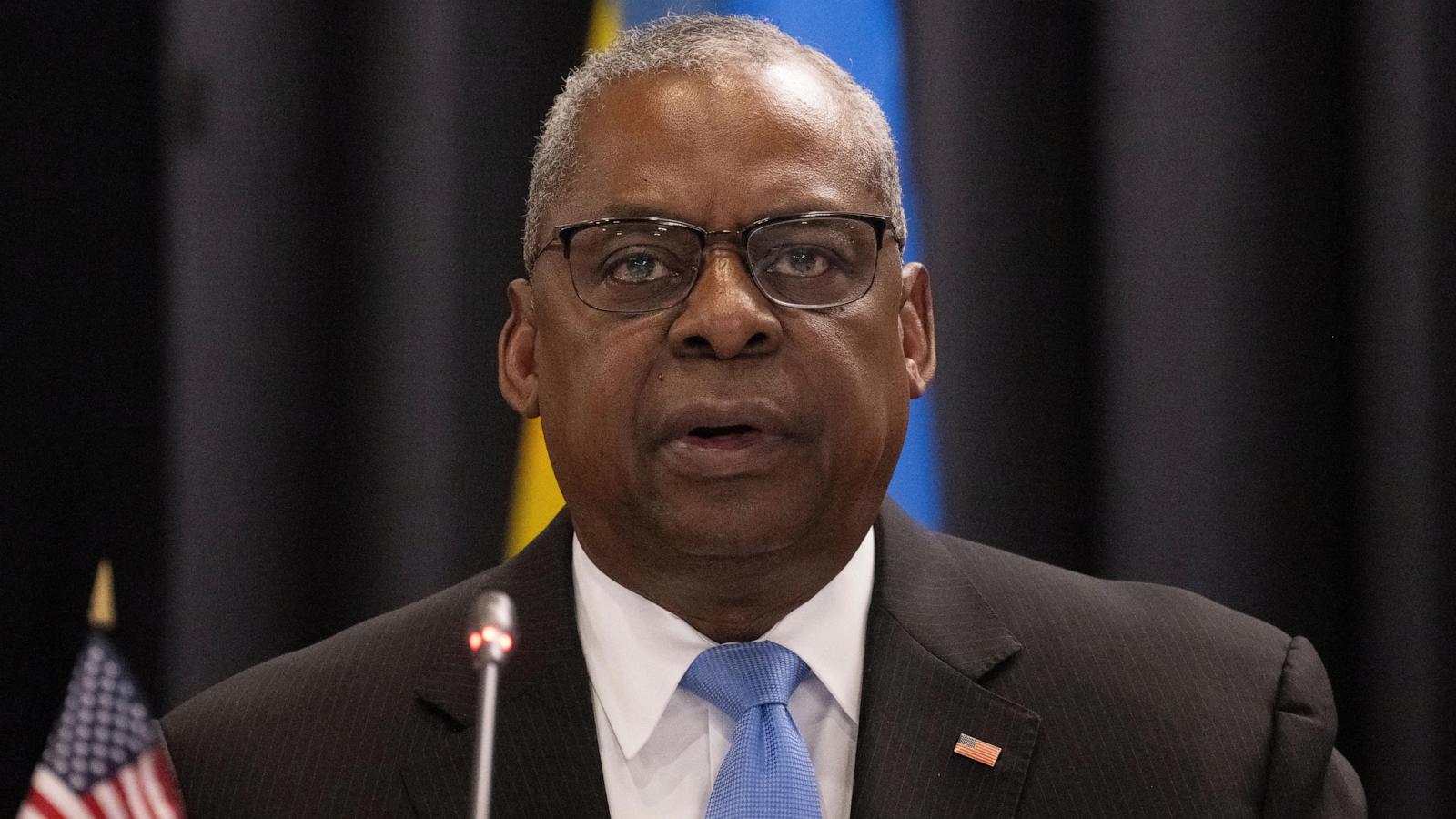By
January 15, 2025 / 10:30 AM EST
/ CBS News
Austin comments on diversity in the military
The Pentagon inspector general found in its review of Secretary of Defense Lloyd Austin’s hospitalization last year that it “increased unnecessarily” the risks to national security, even if ultimately, there were no immediate consequences.
“Although we found no adverse consequences to Defense Department operations arising from how the hospitalizations we reviewed were handled, the risks to our national defense, including the command and control of the Defense Department’s critical national security operations, were increased unnecessarily,” Inspector General Robert Storch said in a statement.
Austin was hospitalized for two weeks at the start of 2024 for complications related to surgery to treat prostate cancer. The Pentagon faced sharp criticism for waiting several days to inform the White House that Austin was in the hospital — and at one point, in the intensive care unit.
The report states that during the course of his hospitalization, Austin transferred authority of some of his duties to his deputy Secretary of Defense from Jan. 2 to 5, but neither of them notified Congress or the White House Situation Room in a “timely manner” as required.
The report found that Austin did not consider transferring authorities while he was undergoing medical procedures on Jan. 6 and 8 that required moderate sedation. The inspector general found no evidence that Austin told the deputy Secretary or his chief of staff he was undergoing the procedures. According to the review, Austin had texted his chief of staff that he did not want his medical condition to become “a media circus.”
Austin told the Inspector General investigators he told his doctors he would have to notify his superiors if he underwent general anesthesia. He signed forms acknowledging moderate sedation but said he needed to remain functional as “that was the mandate … and I’m confident that that happened .” He said that his doctors met his “requirement to remain … functional.”
Nevertheless, the inspector general in its 20 recommendations said the Defense Department should further define what is “medically incapacitated,” and the phrase, “unable to perform the functions and duties.” Other recommendations include expanding the scope of who is required to report the hospitalization of Secretaries of Defense or senior Pentagon officials.
The inspector general announced last year it would initiate a review to: “examine the roles, processes, procedures, responsibilities, and actions related to the Secretary of Defense’s hospitalization in December 2023 – January 2024, and assess whether the DoD’s policies and procedures are sufficient to ensure timely and appropriate notifications and the effective transition of authorities as may be warranted due to health-based or other unavailability of senior leadership.”
The review found that Austin’s intense privacy affected the course of events. It says that not only did Austin not tell his senior staff members of his medical condition or appointments, “he specifically told one junior staff member ‘if anyone had any questions they’re more than welcome to ask [me] directly.'”
After he returned to work at the Pentagon following his hospitalization, Austin apologized for not telling President Biden or the public about when and why he had been hospitalized.
“We did not handle this right, and I did not handle this right,” Austin said. “I should have told the president about my cancer diagnosis. I should have also told my team and the American public. And I take full responsibility. I apologize to my teammates and to the American people.”
CBS News obtained the audio of the 911 call in which an aide asked the operator if the ambulance headed to Austin’s residence could be discreet.
“Can I ask that, can the ambulance not show up with lights and sirens? We’re trying to remain a little subtle,” the caller is heard saying.
A separate review by the Pentagon released last year concluded that there was no deliberate ill intent by Austin or his aides to keep the hospitalization secret but did acknowledge the policies for transferring the responsibilities of the secretary need to be improved.
Austin told David Martin during a CBS Sunday Morning interview that he is now cancer-free.
“I thank God for that,” Austin said.
The report comes as Austin prepares to leave his post when President-elect Donald Trump takes office.

